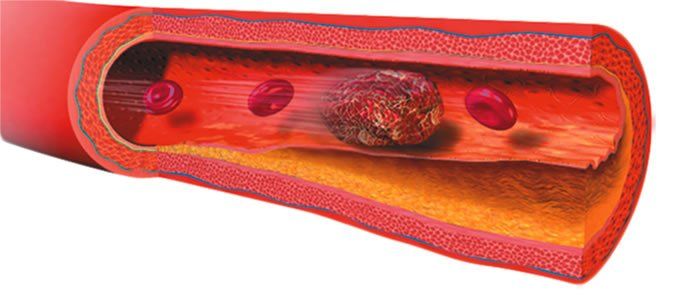You may take a pain reliever to help ease discomfort ranging from a mild headache to joint pain related to severe arthritis. But if youre at risk for a blood clot (thrombosis) in a deep vein, you may want to think twice about a particular painkiller: a COX-2 inhibitor (Celebrex).A recent analysis, published in the journal Rheumatology, found that the use of COX-2 inhibitors more than doubles the risk of venous thromboembolism (VTE)-the development of a blood clot in a deep vein that may then travels to the lung and form a pulmonary embolism. The VTE risks werent as significant among people who use COX-1 inhibitors, such as aspirin. COX-1 and COX-2 inhibitors are part of a class of medications known as nonsteroidal, anti-inflammatory drugs (NSAIDs).
To continue reading this article or issue you must be a paid subscriber.
Sign in






